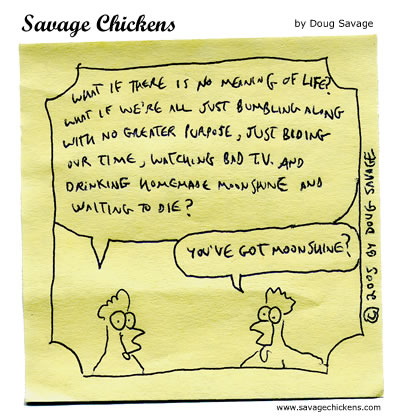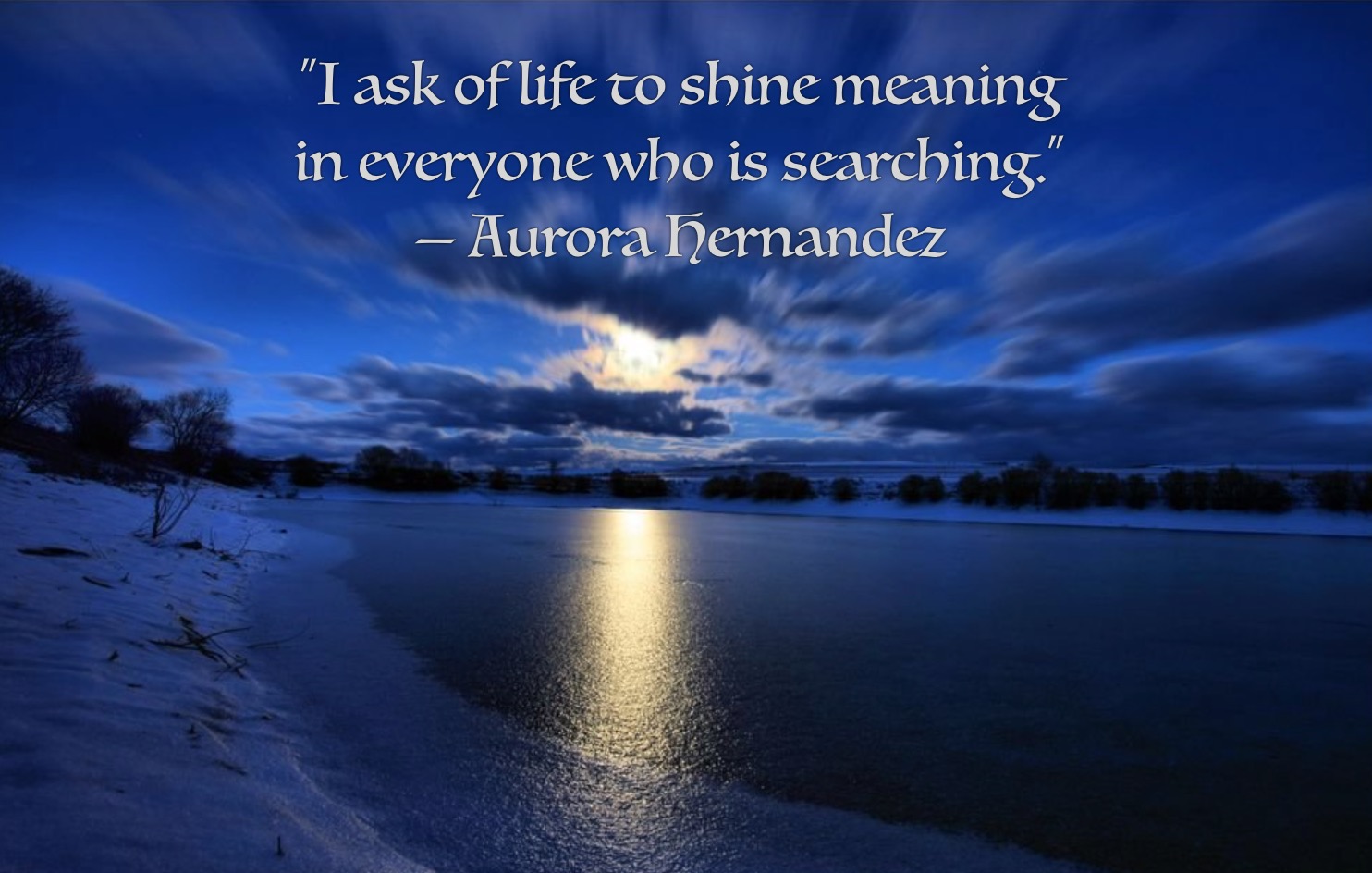“What are we optimising for?”
This is the favourite question of my dear friend, Ellen Petry Leanse, when faced with an important decision. Maybe something like: what should my priorities be for 2020? Is this relationship working for me? Or, in a league of its own…. what is the goal of the human enterprise? What are we collectively optimising for?
This came up in relation to last week’s (epically lengthy) blog post on overconsumption. As far as we know, most species don’t have the capacity to question their function here on this Earth. We do. And I feel we haven’t yet arrived at a coherent answer, or certainly not one we can all agree on.
 Some very simplistic suggestions… To the religious, we are here to serve God. To the teacher, we’re here to learn. To the athlete, we’re here to win. To the businessman, we’re here to make profit. To the parent, we’re here to raise decent children. To the hedonist, we’re here to party. To the contemplative, we’re here to be enlightened. To the artist, we’re here to create. To many, just surviving may not be their highest aspiration, but it’s what takes up most of their time and energy.
Some very simplistic suggestions… To the religious, we are here to serve God. To the teacher, we’re here to learn. To the athlete, we’re here to win. To the businessman, we’re here to make profit. To the parent, we’re here to raise decent children. To the hedonist, we’re here to party. To the contemplative, we’re here to be enlightened. To the artist, we’re here to create. To many, just surviving may not be their highest aspiration, but it’s what takes up most of their time and energy.
And every philosopher has their own opinion. (My online search for the meaning of human existence yielded this interesting list – although rather depressingly Stephen Fry occupies the #1 spot. We really are in trouble.)
So we may have to agree to disagree on the meaning of human existence. But I hope there are at least three things that we can agree on.
First, that we ought to be thinking about it, and mindfully discussing what it is that we’re optimising for. My concern is that we’re mostly not even making conscious decisions to grow or not to grow, to consume or not to consume. We are mostly defaulting to the status quo, business as usual, while we allow ourselves to be distracted by the loud noises that loom so large just now, of Trump, Brexit, etc., rather than looking at the bigger picture.

Second, that we should each be making up our own minds (and hearts) about it, rather than allowing others (like the advertising industry) to tell us what life is for. I highly recommend The Century of the Self as an eye-opening account of how advertising began – and continues – in order to persuade humans to want more, to pursue our desires rather than our needs… all in service of GDP growth, of course. We have to question the “assumption of consumption” as our route to wellbeing – and ask ourselves if we are using consumption as a second-rate substitute for the things we really want, like love, belonging, a sense of purpose, and self-respect.
(An aside, quoting from Sharon Blackie’s wonderful book, “If Women Rose Rooted”, which I will be reflecting on in a future blog post: “Remember Brave New World? In Aldous Huxley’s ‘utopia’, failure to sufficiently consume was a crime against society. The authorities tried gunning down the ‘Simple Lifers’ who wanted to live differently, but that was neither popular nor effective. And so instead they developed ‘the slower but infinitely surer methods’ of conditioning: immersing people in advertising slogans from infancy. In Huxley’s day, it was still a fiction; today, it’s our reality.”)
And thirdly, assuming that just about everybody reading this blog post is a human (more or less), can we at least agree that human existence should continue?
To be honest, I have my dark days when I’m not so sure, like when I read that the number of wild animals on Earth has halved in the past forty years as humans kill them for food in unsustainable numbers, while simultaneously polluting or destroying their habitats. Or that humans and our livestock make up 96% of all mammal biomass. It doesn’t exactly make me proud to be human.
 And yet I’d like to think that there is some purpose to our collective existence here. For all our many faults, humans are still pretty special. I am not a nihilist, one of those people who believes it is all pointless, and I like to think we still have important work to do here – and it would be a shame to frustrate our evolutionary journey through extinction due to our careless abuse of the Earth that sustains us.
And yet I’d like to think that there is some purpose to our collective existence here. For all our many faults, humans are still pretty special. I am not a nihilist, one of those people who believes it is all pointless, and I like to think we still have important work to do here – and it would be a shame to frustrate our evolutionary journey through extinction due to our careless abuse of the Earth that sustains us.
What would that world look like, I wonder, if we optimised for the longevity of the human species? Is that something we could all get behind if we stopped our consumerist lifestyles for long enough to really think about it?
What do you think?
Other Stuff:
Happy Thanksgiving to our American friends!
(speaking of consumption!)

